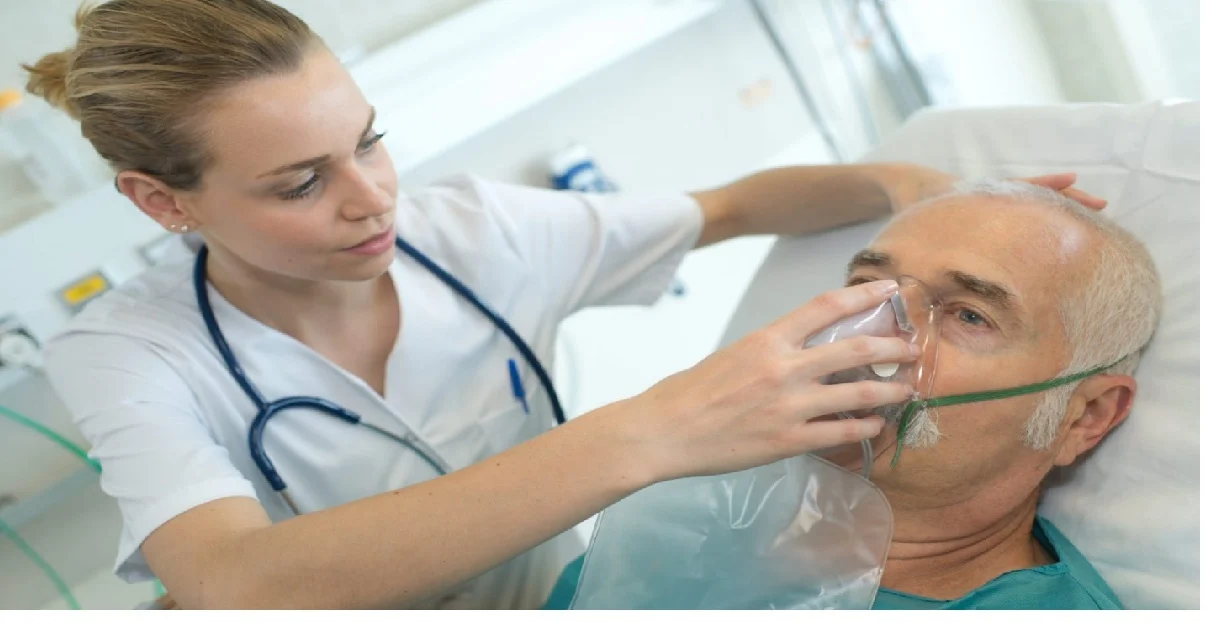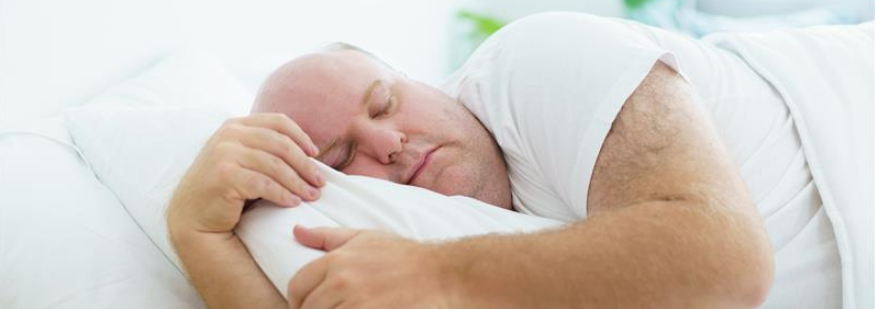Your immune system needs a good night’s sleep
Winter is flu season. But any season is COVID-19 season. That’s why it is important to take the necessary steps to protect ourselves.
One way: Be sure to keep your immune system strong. An effective way to do that? Get a good night’s sleep.
But for people with sleep apnea, that can be a challenge. Sleep apnea interrupts or even stops peoples’ breathing while they sleep, sometimes hundreds of times throughout the night.
Robert Miller, a registered sleep technologist and vice president at Apria, says, “A lack of sleep can weaken your immune system, meaning you may be more likely to get—and stay—sick.”
How Does Your Immune System Work?
A healthy immune system is your first and best line of defense against illness.
How does it work? Our bodies have trillions of tiny organisms—some good, some bad. The immune system identifies and ignores those that are helpful and unleashes an army of defenses—such as white blood cells (leukocytes), T cells, B cells, natural killer (NK) cells, phagocytes, and cytokines—to defeat those that are harmful.
Your immune system protects you from getting sick. It also plays a key role in helping you grow and live a long life.
You Have Two Kinds of Immunity
The first is called innate immunity. It’s s broad type of protection where your body recognizes an invader and then destroys it.
The second is called adaptive (or acquired) immunity. When your body identifies a new invader, it remembers it and knows how to deal with it if it encounters it again. This “immunological memory” is the reason why we don’t get viruses like smallpox or measles twice.
How Poor Sleep Affects Your Immune System and Your Overall Health
Getting enough sleep each night is crucial to your health and wellbeing.
Studies show that a lack of sleep can disrupt the immune system, which increases your risk of getting sick, decreases your ability to fight illness, and makes recovery from an illness harder.
Apria’s Robert Miller adds, “Poor sleep can also reduce the effectiveness of vaccinations. Good sleep helps ensure you get the full benefits of vaccines.”
Sleep deprivation can also cause other problems, such as moodiness, poor judgment, memory problems, and depression. Not getting enough sleep can even lead to serious health conditions, including high blood pressure, diabetes, heart attack, stroke, and obesity.
How Sleep Apnea Affects People with COVID-19
People with sleep apnea may have a weakened immune system due to lack of sleep. And studies demonstrate that they may be more likely to contract coronavirus, which can lead to serious health consequences:
- People with sleep apnea and COVID-19 had more than double the risk of hospitalization than those who didn’t have sleep apnea.
- Sleep apnea has been associated with an eight times higher risk for COVID-19 infection and twice the risk of developing respiratory failure.
- People with sleep apnea who were hospitalized for COVID-19 had an increased risk for mechanical ventilation or death within seven days of admission.
- A higher rate of COVID-19 among sleep apnea sufferers occurred in men, in seniors, and in people who were overweight or had underlying cardiovascular diseases, which may impact breathing and sleep cycles.
CPAP: A Popular, Proven Sleep Apnea Treatment
CPAP (continuous positive airway pressure) devices are considered the “gold standard” for treating sleep apnea. There are more than 8 million CPAP users in the US.
CPAP involves wearing a mask over your nose or mouth while you sleep. The mask is connected to a machine that delivers a constant flow of air to keep your airways open so you can breathe—and sleep—normally.
Researchers have found that patients who adhere to CPAP therapy reduced their risk of developing COVID-19.
In fact, people with sleep apnea on CPAP therapy had even lower COVID-19 infection rates than people who didn’t have sleep apnea!
Here’s What You Can Do to Get a Good Night’s Sleep
There are a variety of simple things you can do to improve the quality of your sleep.
- Before you go to bed, take a warm bath or shower to relax your muscles.
- Feeling congested? Use a humidifier or elevate your head slightly.
- Go to bed early—especially if you aren’t feeling well.
- Before turning in, turn off your cell phone, tablets, and computers.
- Don’t drink coffee or alcohol before bedtime.
- Don’t take drugs, except those prescribed by your doctor. Sleep aids can cause daytime drowsiness.
- Exercise regularly.
- Create the right environment: keep your bedroom dark, quiet, and cool
- During the day, try not to nap—or limit naps to no more than 30 minutes
- If you have sleep apnea, consider getting a CPAP machine.
- Keep a consistent sleep schedule. Go to bed and get up at the same time each day.
By following these tips, you can enjoy a good night’s sleep and a healthier immune system!

.png)


.png)
